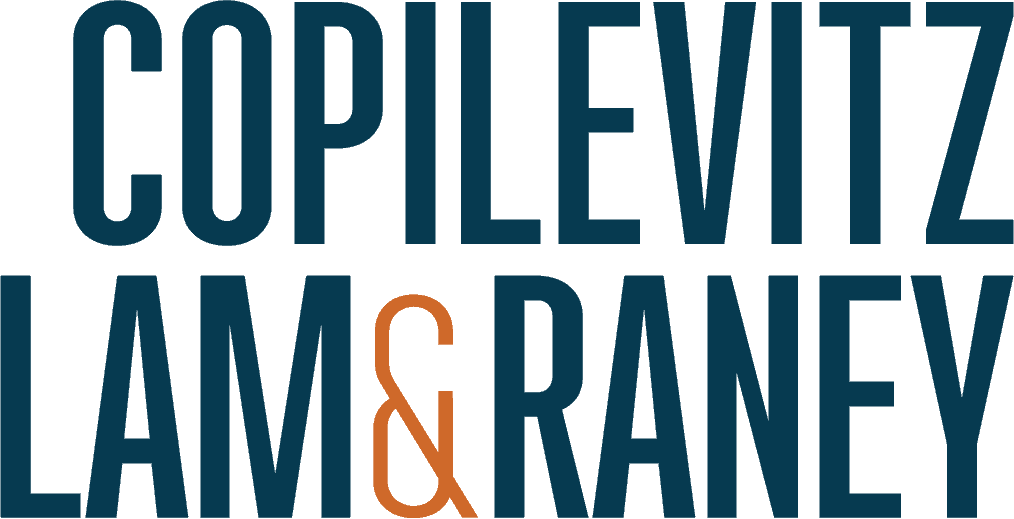In Todd C. Bank v. Dimension Service Corporation, the judge considered Plaintiff Todd C. Bank’s motion to dismiss several affirmative defenses brought by the Defendant in response to Bank’s TCPA class action. Bank v. Dimension Serve. Corp., No. 1:23-cv-2467, 2023 U.S. Dist. LEXIS 230814 (E.D.N.Y. Dec. 29, 2023).
Defendant argued that “the putative class should not be certified because Plaintiff is not an adequate class representative as required by Fed. R. Civ. P. 23(a)(4) . . . [and] is conflicted because he purports to be class counsel.” Id. at *13. The Court noted that Plaintiff had in fact brought the action “individually and on behalf of all other persons” and that “[t]he Complaint does indeed plead class-wide allegations”. Id. at *14. The Court also noted that “[i]t is well settled that a pro se plaintiff may not represent the interests of third parties.” Id. at *15.
The Court denied Plaintiff’s motion to dismiss the affirmative defense and ruled that “[a]t this juncture, the Court declines to address Defendant’s argument concerning the adequacy of representation requirement, as those arguments are more properly considered upon a motion for classcertification under Fed. R. Civ. P. 23. Moreover, there are questions of fact and law that would allow this defense to succeed.” Id. at *15-16 (citation omitted).
This is important because Bank has sued as an individual in the past, and, at the same time, as an attorney purporting to represent a class. In my opinion, pro se plaintiffs, even if attorneys, are unlikely to obtain later certification of their purported class. They may succeed on the merits of their individual claim, so it is still important to take their allegations seriously, but the potential possibility of a class action is questionable.


